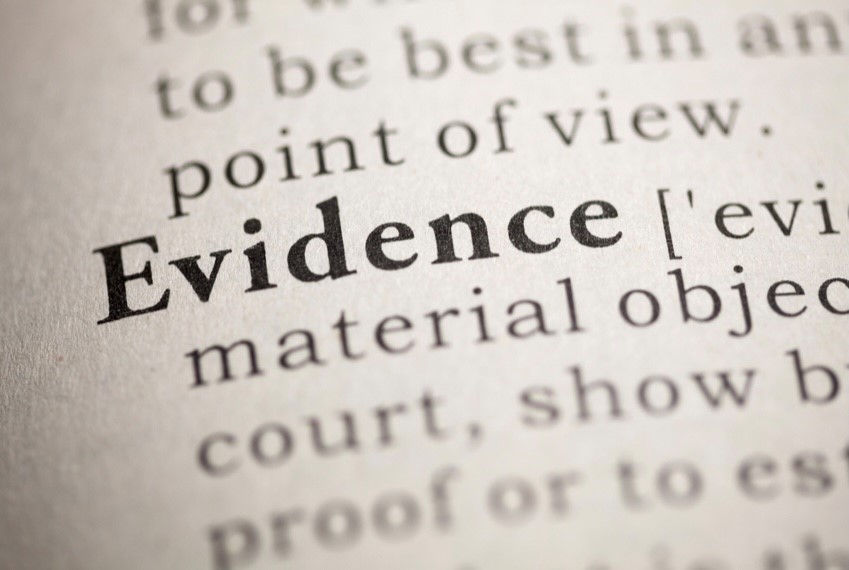
What forms of evidence are admissible in court?
If you studied LLB, you will be familiar with the subject called “Law of Evidence”. This legal subject relates to the rules which regulate how facts are proved in court. The purpose of these rules, together with the rules of the law of procedure, is to ensure a fair trial for each party.
The chances to succeed in a court case (primarily trials) often depends on the presentation of relevant evidence in court. A lawyer’s case is often only as strong as the available evidence. All evidence may be admitted in a court case, but not all evidence will be admissible. Objections can be raised, and the court may rule, to prohibit or strike certain evidence, if it is inadmissible according to the Law.
The following statutes include rules relating to court evidence:
• The Civil Proceedings Evidence Act 25 of 1965
• The Criminal Proceedings Act 51 of 1977
• The Law of Evidence Amendment Act 45 of 1988
• The Electronic Communications and Transactions Act 25 of 2002
•The Criminal Law Amendment Act 32 of 2007
Evidence is presented in different forms to court, including via oral evidence (like told by a witness under oath), documents (eg affidavits), real evidence (eg forms of objects or visit to a specific place), electronic evidence (eg emails, text messages etc) and circumstantial evidence.
The deciding factor whether evidence is admissible or inadmissible is primarily whether the evidence is relevant to the case or not.
Examples of evidence which may be inadmissible are as follows:
1. Character evidence relates to evidence of the person’s natural tendency to act a certain way. Character evidence is often inadmissible as it is usually irrelevant to the facts of the case and likely to prejudice the court.
2. Hearsay evidence refers to evidence of something which the witness has not personally observed or experienced. It involves a testimony of something heard from others who themselves are not witnesses in court.
3. Except for the opinions of expert witnesses, a witness’ opinion regarding the facts of a case is inadmissible and will boil down to speculation.
4. Privileged information, for example information shared between a client and a legal practitioner, is not admissible.
5. Evidence which were obtained by infringing another’s constitutional right could be inadmissible, depending on whether it is likely to lead to an unfair trial or will be detrimental to the administration of justice.
(Source: Beginner’s guide for Law Students, Fifth Edition 2021 – Kleyn, Viljoen, Zitzke, Madi)